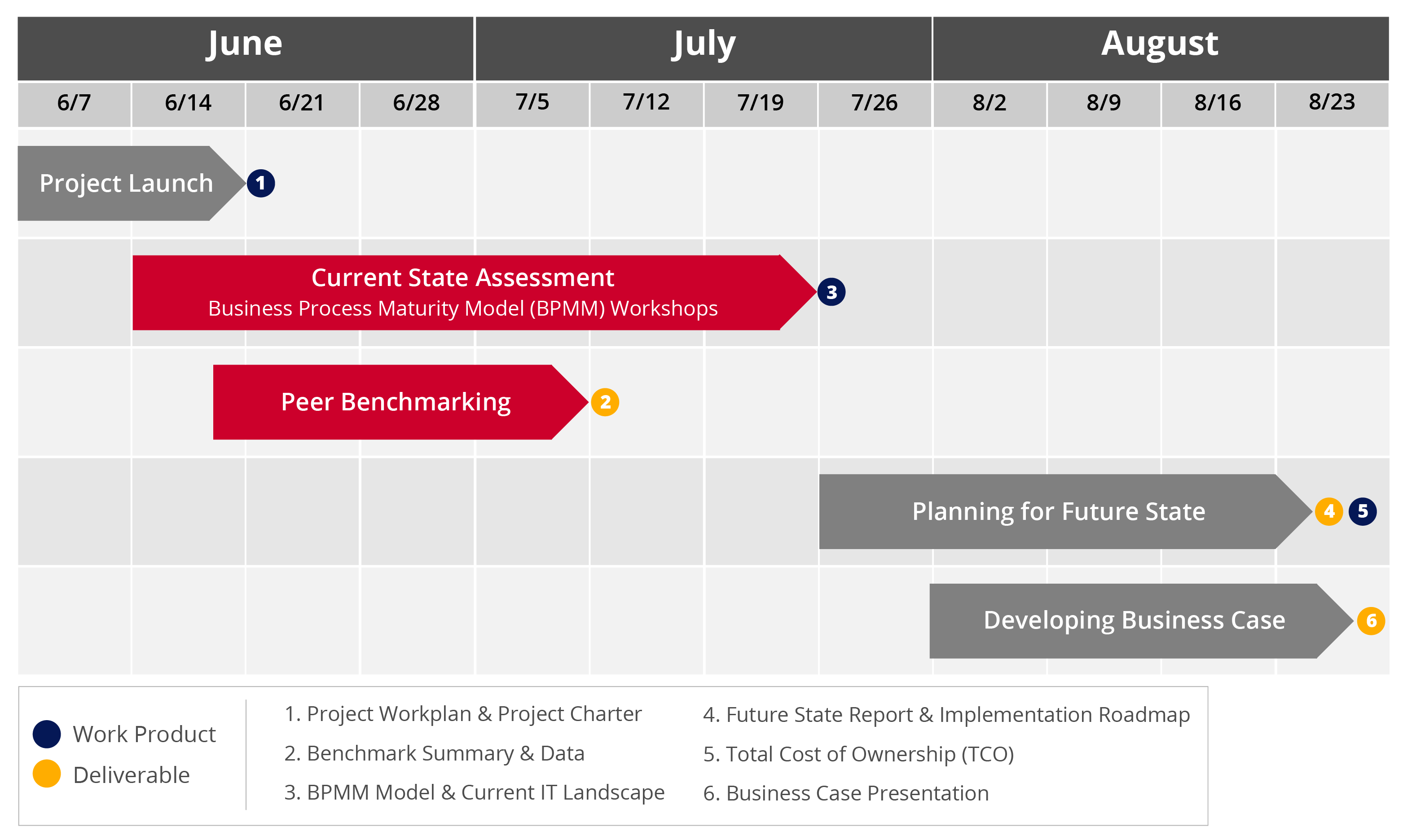S3 Assessment Project
Carnegie Mellon's Enrollment Services and Computing Services divisions have embarked on a joint effort to assess and explore opportunities to strengthen the university's core student systems in alignment with the University’s Strategic Plan 2025. Determining factors in launching such an effort include the rapid pace of change in technology and the university's current capacity to address contemporary business needs and evolving technology.
The S3 (CMU's Student Services Suite) Assessment Project seeks to assess its current student information ecosystem, understand the current landscape of the industry, and identify the recommended future state of its enterprise-serving student information system (SIS) and linked systems.
CMU has engaged Deloitte’s Higher Education Practice as a partner in this effort.
Over the course of 12 weeks – from June through September 2021 - the project will:
- Engage a broad range of campus stakeholders through a series of interactive workshops
- Articulate a holistic case for for the future of CMU’s student information ecosystem
- Estimate Total Cost of Ownership (TCO) for CMU's future student information ecosystem
About Deloitte
A recognized leader in the higher education space, Deloitte has solved complex problems with over 175 public and private institutions nationwide to solve complex problems and challenges. Deloitte’s higher education team has experienced professionals and industry leaders that turn ideas into impact. Their work includes operational and financial transformation, enterprise technology solutions, student experience redesign, and organizational and change management.
What to Expect
Project Scope
The project will include the following objectives:
Current State Assessment |
|
Benchmarking |
|
Recommendations for Future State |
|
Plan to Achieve Future State |
|
Business Case |
|
Final Presentation |
|
Project Deliverables
The project will include the following deliverables:
Report of Findings/Recommendations |
|
Roadmap & Business Case to Achieve Ideal State |
|
Timeline
The S3 Assessment Project will take place over 12 weeks from June to September 2021. It will begin with a Current State Assessment and Peer Benchmarking Research and will conclude with Future State and Business Case Presentations.

